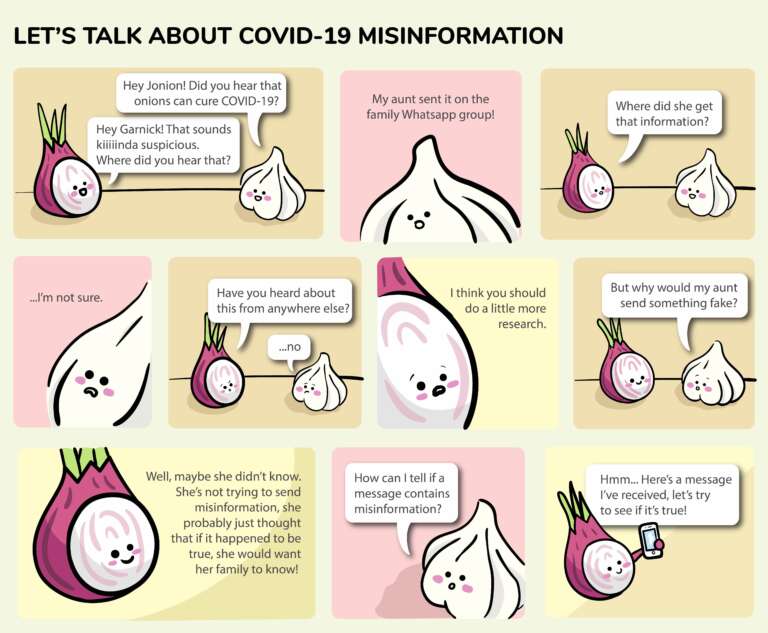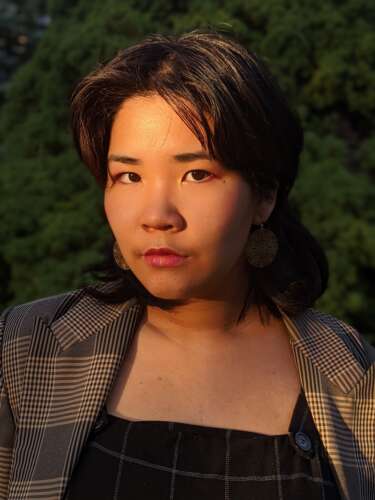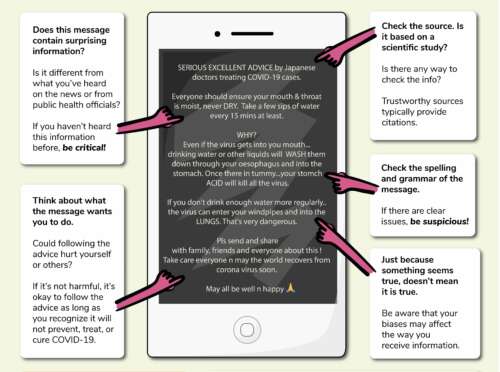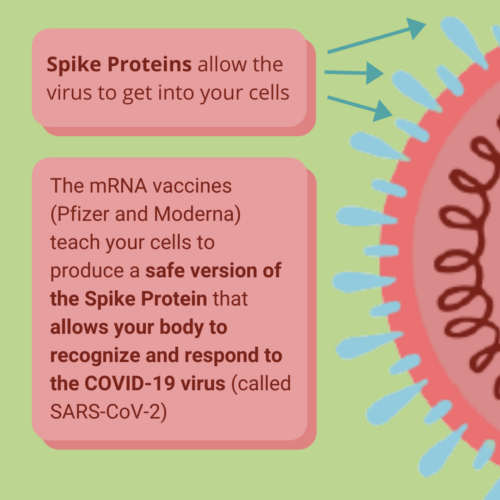 The idea that onions cure COVID-19 is one of many myths and pieces of misinformation University of Guelph anthropology student Lauren Chang is working to debunk.
The idea that onions cure COVID-19 is one of many myths and pieces of misinformation University of Guelph anthropology student Lauren Chang is working to debunk.
Chang is the founder and project coordinator of Onions Don’t Cure COVID, an online campaign that wades through a flood of conspiracy theories, pseudoscience, anti-vaccine scaremongering and fake cures, and offers reputable and useful information to help keep people safe.
With so much information about COVID-19 coming from so many sources, it is difficult to know what information to trust, said Chang.
“We want people to be more critical about where the messages are coming from, whether or not they can trust the source,” she said.
The internet provides access to huge amounts of information, but there is a lack of education on how to distinguish good information from bad, she added.

“We are trying to give people the tools to make their own decisions.”
Although Onions Don’t Cure COVID is for everyone, the campaign focuses on immigrant communities, where accessing sound information about the pandemic can be more challenging, Chang said.
Official information in Canada is often restricted to English or French, which poses a language barrier for many. When such barriers exist, people will look elsewhere for COVID-19 information, including social media sites where misinformation is rampant or from family members, she said.
“Onions Don’t Cure COVID started out as a research project about COVID-19 misinformation among immigrant communities supervised by Dr. Elizabeth Finnis at the University of Guelph,” Chang said. “I wanted to use the information I had gained to help my community and communities like mine deal with misinformation.”
She received a grant from the #RisingYouth program and started the Onions Don’t Cure COVID campaign. The website offers infographics in a dozen languages and other evidence-based information to counter the misinformation. Its information is also on Instagram, Facebook, and Twitter.

Currently, the group is working on a vaccine education campaign in answer to questions from the public. Chang put together a core nine-member team and a large group of volunteer translators. All team members come from immigrant families and bring a diverse set of skills as university and college students studying across the natural sciences, social sciences and humanities in Ontario.
“I think that a lot of the information we get from the government or from news sources is less accessible to immigrant communities than the information they are getting from their own communities,” Chang said. “We are trying to increase accessibility to information from trusted sources and provide tools for families to make informed decisions.”
One infographic shared by the group features guidelines on how to spot misinformation. Does a message contain surprising information that is different from what public health or the news is saying? Could following the advice hurt you or others? Is the information based on a scientific study?
Canada prides itself on its multiculturalism, Chang said. But more work must be done to ensure that all communities have equal access to essential and accurate information during the pandemic, and to ensure good communication between communities and public health institutions.

“It’s so important to see what information various communities have by virtue of their trans-national connections, because it could be helpful for everyone,” she said. “In my own community, the Chinese community in Markham, people reacted much more quickly, and businesses enforced mask-wearing and using hand sanitizer a lot faster, because we were so aware of how bad COVID was in China.”
Even though Chang trusts the information that government, public health and reputable news organizations share, those sources are not infallible. Early in the pandemic, public health officials advised not to wear masks, but then changed their mind and strongly recommended them.
“That was really confusing to me because in our cultural background, wearing a mask is very common during cold and flu seasons,” Chang said.
The pandemic is an evolving situation, she added, and information is changing as new things are learned about COVID-19. Keeping the information current and available is part of Onions Don’t Cure COVID’s mandate.
“I really hope we are making a difference,” Chang said. “I think we are definitely starting conversations and that’s all we can ask for. As long as we are giving people the tools to try and think through some of these topics, I think we’ve done something good.”
She said Onions Don’t Cure COVID will continue during the pandemic.
Contact:
Lauren Chang
Lchang04@uoguelph.ca